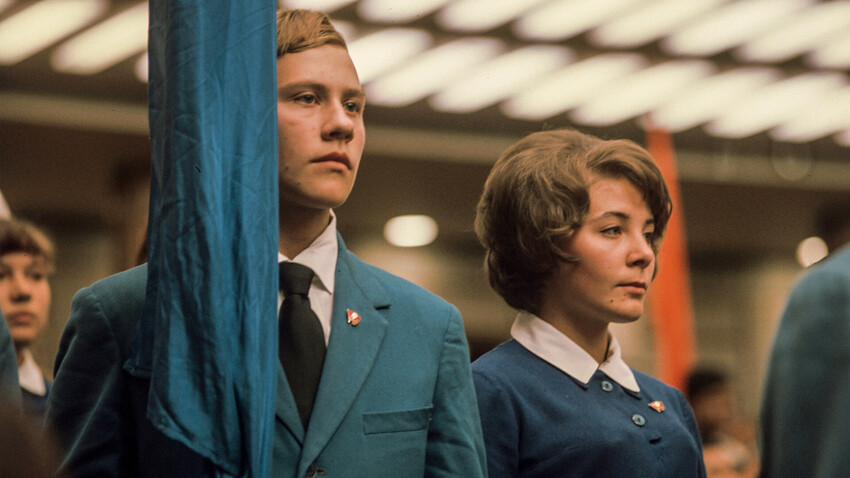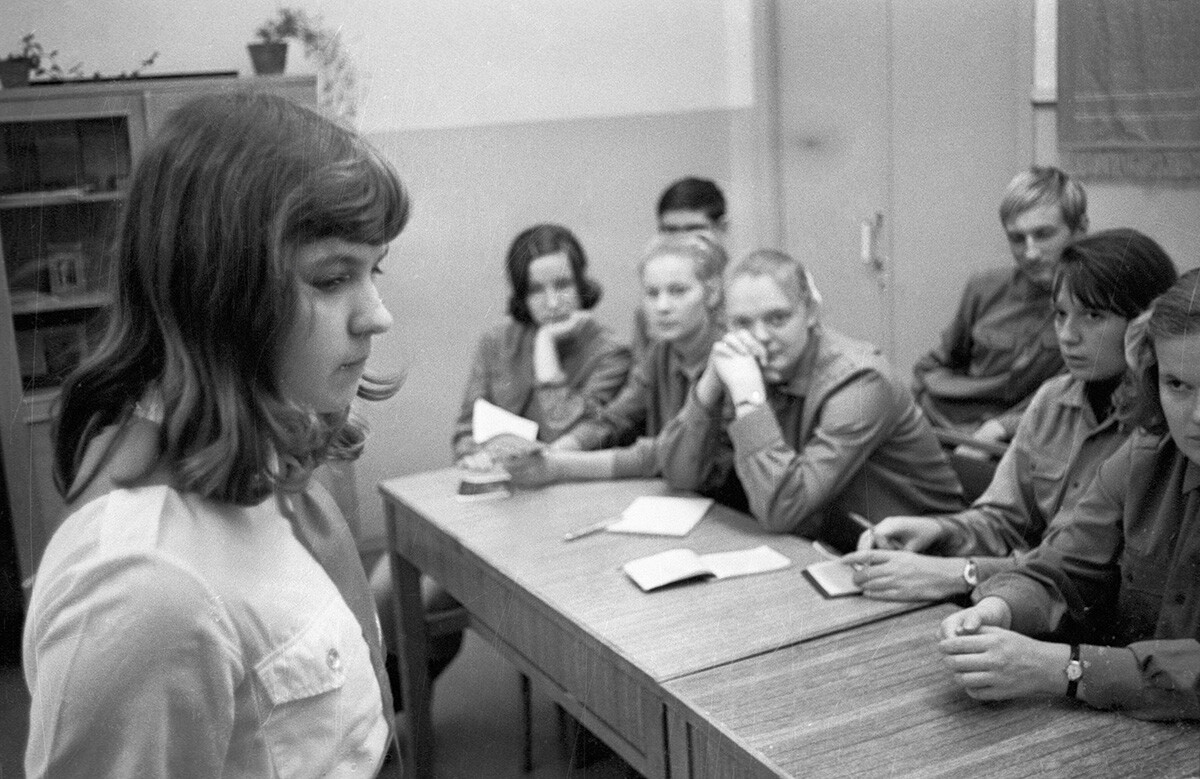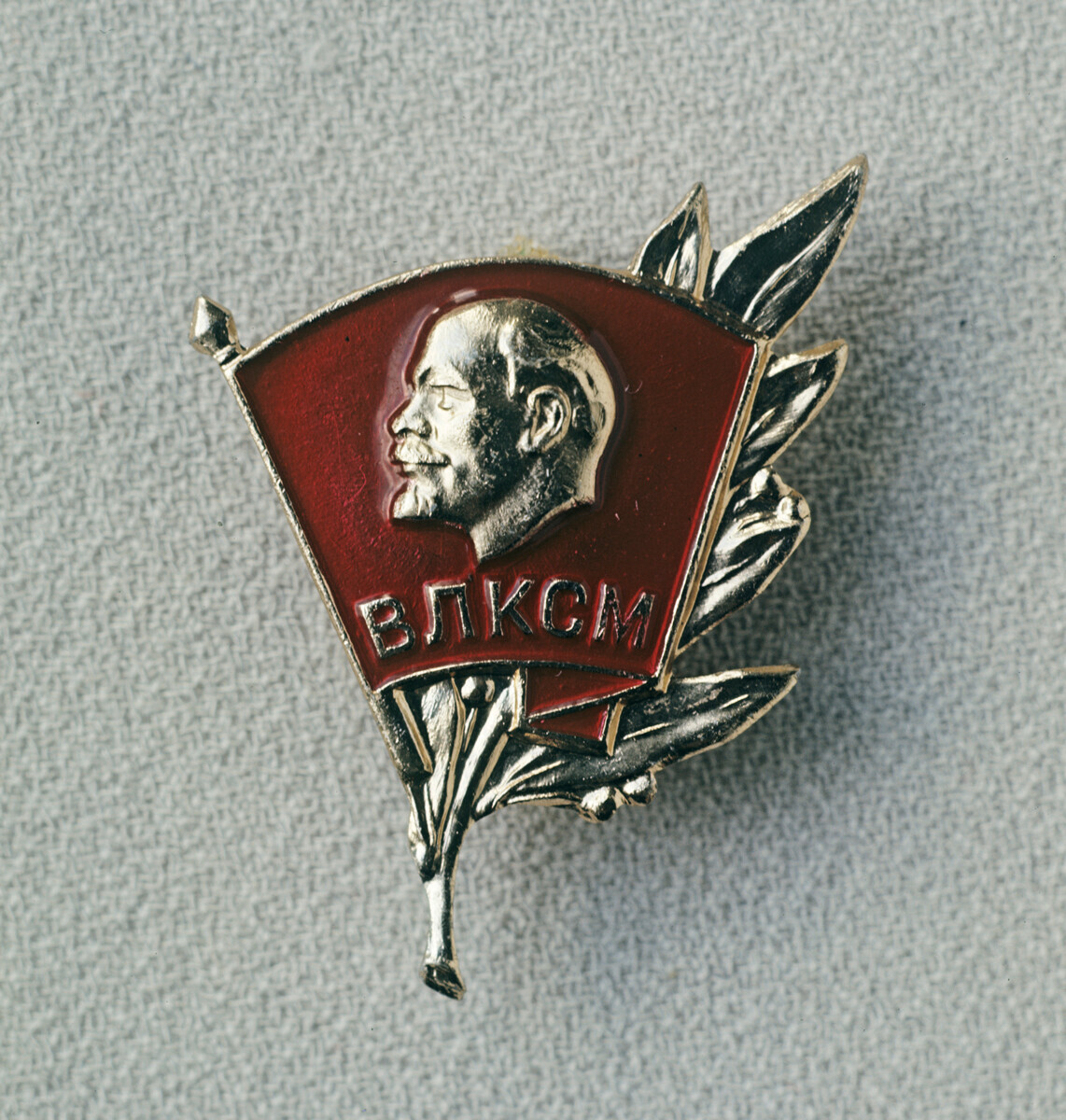

In fact, it was a “pass” for further entry into the only political party in the USSR – the Communist Party, which provided both benefits and career advancement. But, expulsion from the ‘Komsomol’ could cost a career.
Most often, people were expelled for “immoral behavior”: all sorts of crimes and hooliganism, drunkenness with a trip to the sobering-up center, evasion of alimony or the birth of illegitimate children.
All because ‘Komsomol’ members were required to demonstrate high moral qualities, to be worthy people in everything.

In addition, during the years of repression, children of “enemies of the people”, convicted under political articles, could be expelled from the ‘Komsomol’.
Those who did not pay contributions to the organization – about 1% of their salary – were also expelled.
Dear readers,
Our website and social media accounts are under threat of being restricted or banned, due to the current circumstances. So, to keep up with our latest content, simply do the following:
If using any of Russia Beyond's content, partly or in full, always provide an active hyperlink to the original material.
Subscribe
to our newsletter!
Get the week's best stories straight to your inbox